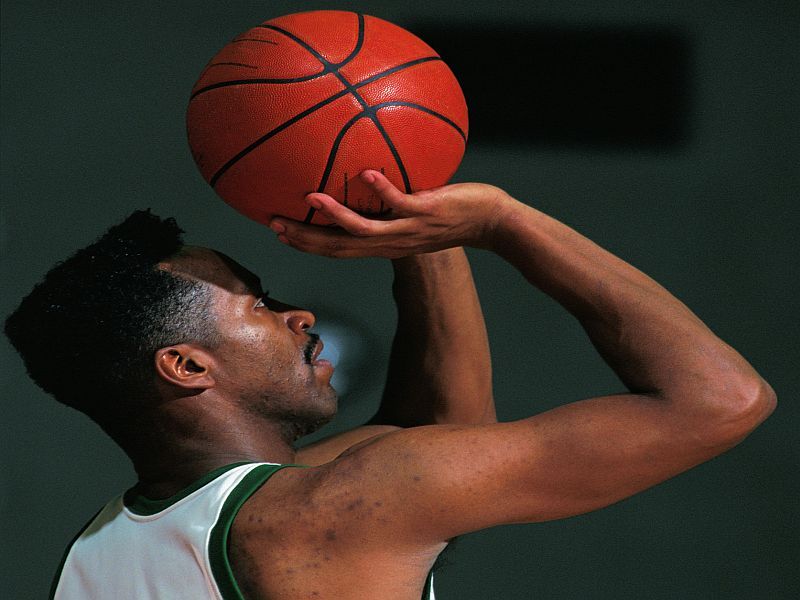THURSDAY, March 4, 2021 (HealthDay News) — In some reassuring news for professional athletes, a new study finds very few develop inflammatory heart disease after being infected with COVID-19, and most can safely return to play.
In fact, of nearly 800 professional athletes who had tested positive, less than 1% were barred from returning to play because of heart damage from COVID-19, researchers said.
“These findings reinforce the previous recommendation that asymptomatic and mild cases of COVID-19 don’t require additional testing in the majority of cases,” said lead researcher Dr. Matthew Martinez, director of Atlantic Health System Sports Cardiology at Morristown Medical Center in New Jersey.
“So, most folks are going to have asymptomatic or mild COVID-19, and they don’t necessarily benefit from additional testing to look for cardiovascular involvement,” he said.
These are the recommendations that most professional sports teams are following, Martinez said. “Many of the NCAA schools are doing the same,” he added.
Among the players in the study, 58% had symptomatic COVID-19, and 42% were asymptomatic or minimally symptomatic.
Heart inflammation was found in 30 athletes with ECG tests, echocardiograms, heart MRIs or tests of troponin in the blood, which can reveal heart damage. Ultimately, inflammatory heart disease was discovered in five athletes that warranted restriction from playing.
For most of these athletes, a week to two weeks of rest and a slow return to exercise was all that was needed to get back to play, said Martinez, who is also a cardiology consultant for the National Basketball Players Association, the New York Jets, Major League Soccer, the Professional Golfers Association, and the National Football League.
It may help that these athletes were in top physical condition before getting the virus, he noted. For athletes who have severe COVID-19, at least three months of recovery time is recommended, Martinez said.
“For nonprofessional athletes, if you have the disease and if you’re otherwise healthy, the need for additional testing is not important,” he said. “Once you are asymptomatic, start to slowly resume exercise as you would with any other virus.”
Martinez said the researchers will continue to follow these athletes, even though the damage caused to the heart by the virus usually repairs itself.
“It’s really important that we recognize we don’t really know the longer effects of COVID-19, so we do plan to follow all the athletes,” Martinez said. “They’re all in a database, so every week we can follow them.”
Dr. Gregg Fonarow, interim chief of the division of cardiology at the University of California, Los Angeles, and director of the Ahmanson-UCLA Cardiomyopathy Center, looked over the study and said that early reports suggested there may be cardiac injury and inflammation with COVID-19.
“However, the degree to which injury, inflammation or myocarditis could occur in individuals after asymptomatic or mildly asymptomatic COVID-19 infections has not been well-studied,” Fonarow noted.
The latest findings suggest “that among this population of professional athletes, only a small proportion of individuals had findings suggesting inflammatory heart disease after COVID-19,” he said.
The current guidelines of the American College of Cardiology Sports and Exercise Section Return to Play for athletes who have had COVID-19 are supported by this study, Fonarow added.
“Additional studies in pediatric, college and master-level athletes would be informative,” he said.
The report was published online March 4 in the journal JAMA Cardiology.
More information
For more on the long-term effects of COVID-19, see the U.S. Centers for Disease Control and Prevention.
SOURCES: Matthew Martinez, MD, director, Atlantic Health System Sports Cardiology, Morristown Medical Center, N.J., and cardiology consultant, National Basketball Players Association, New York Jets, Major League Soccer, Professional Golfers Association, National Football league; Gregg Fonarow, MD, interim chief, division of cardiology, University of California, Los Angeles, and director, Ahmanson-UCLA Cardiomyopathy Center; JAMA Cardiology, March 4, 2021
Copyright © 2026 HealthDay. All rights reserved.

